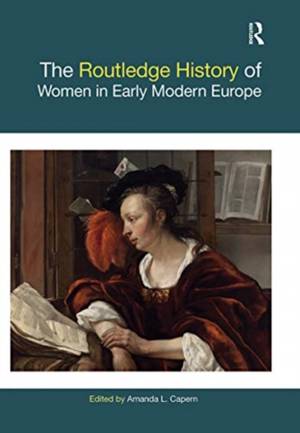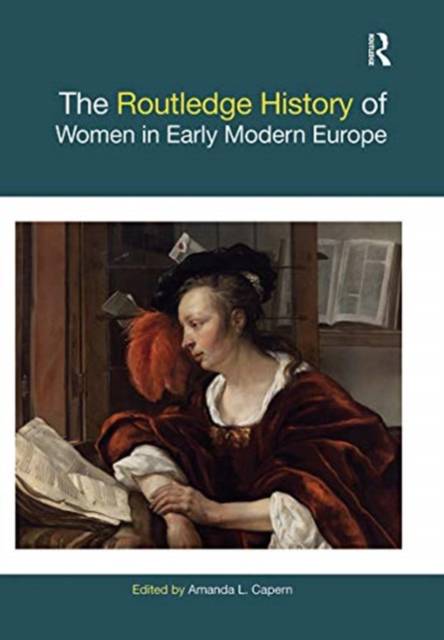
- Retrait gratuit dans votre magasin Club
- 7.000.000 titres dans notre catalogue
- Payer en toute sécurité
- Toujours un magasin près de chez vous
- Retrait gratuit dans votre magasin Club
- 7.000.0000 titres dans notre catalogue
- Payer en toute sécurité
- Toujours un magasin près de chez vous
The Routledge History of Women in Early Modern Europe
Description
The Routledge History of Women in Early Modern Europe is a comprehensive and ground-breaking survey of the lives of women in early-modern Europe between 1450 and 1750. Covering a period of dramatic political and cultural change, the book challenges the current contours and chronologies of European history by observing them through the lens of female experience. The collaborative research of this book covers four themes: the affective world; practical knowledge for life; politics and religion; arts, science and humanities. These themes are interwoven through the chapters, which encompass all areas of women's lives: sexuality, emotions, health and wellbeing, educational attainment, litigation and the practical and leisured application of knowledge, skills and artistry from medicine to theology. The intellectual lives of women, through reading and writing, and their spirituality and engagement with the material world, are also explored. So too is the sheer energy of female work, including farming and manufacture, skilled craft and artwork, theatrical work and scientific enquiry.
The Routledge History of Women in Early Modern Europe revises the chronological and ideological parameters of early-modern European history by opening the reader's eyes to an exciting age of female productivity, social engagement and political activism across European and transatlantic boundaries. It is essential reading for students and researchers of early-modern history, the history of women and gender studies.
Spécifications
Parties prenantes
- Editeur:
Contenu
- Nombre de pages :
- 456
- Langue:
- Anglais
- Collection :
Caractéristiques
- EAN:
- 9780367776732
- Date de parution :
- 30-06-21
- Format:
- Livre broché
- Format numérique:
- Trade paperback (VS)
- Dimensions :
- 174 mm x 246 mm
- Poids :
- 748 g

Les avis
Nous publions uniquement les avis qui respectent les conditions requises. Consultez nos conditions pour les avis.





